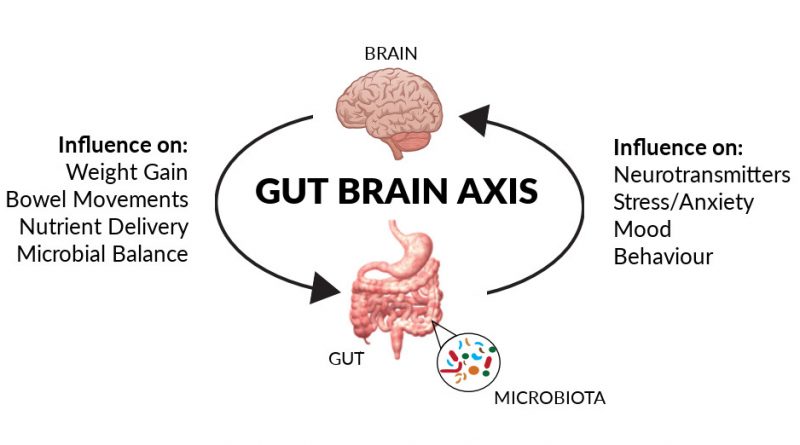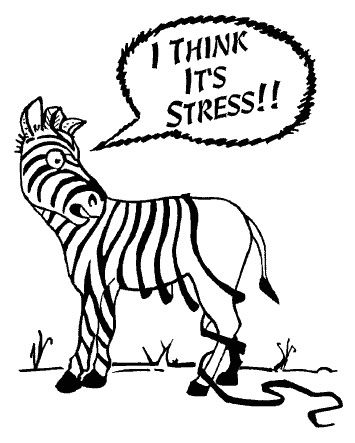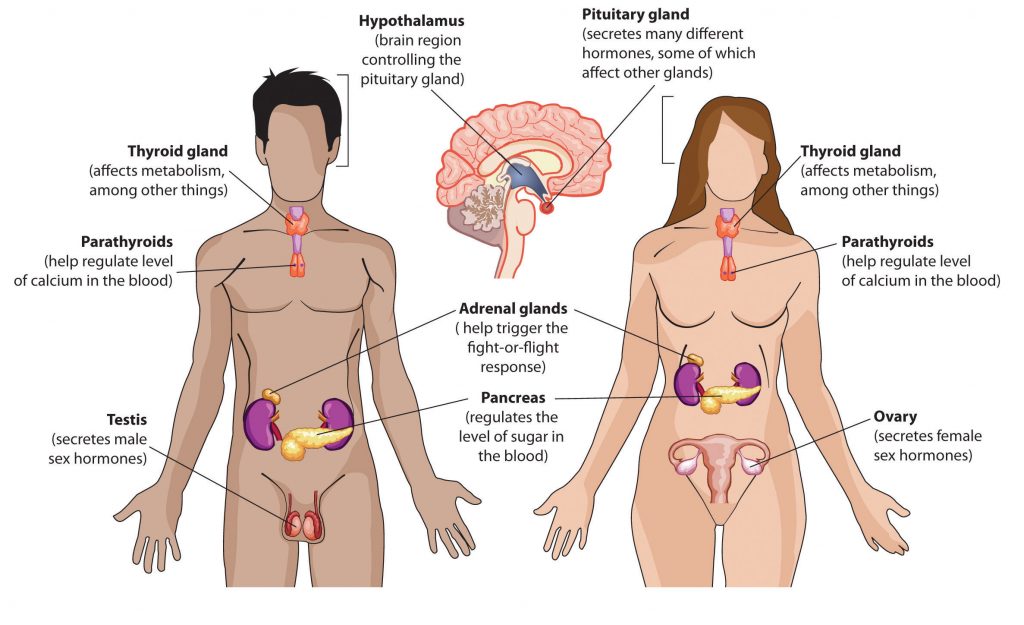Stress and Your Gut Health
The Anatomy of Stress
Psychiatrist and Holocaust survivor, Viktor Frankl, once said, “Between stimulus and thought, there is a space. In that space is our power to choose our response.”
It has been shown that stress creates more wear and tear on the body when
associated with negative thoughts, or if we don’t think we’re coping well with it.
Reframing your stress can build your mental and physical resilience to the
challenges in your life.
STRESS DOES THE FOLLOWING!!!!
1. Stress results in less secretion of digestive enzymes, causing the pH of the stomach to not be as low as what is optimal for good digestion.
2. Stress causes oxygen and blood are diverted from digestion to the brain and muscles/etc instead.
3. Allostatic load: the wear and tear on the body due to the physiological responses that accumulate with chronic stress.
What is STRESS??? Stress is any type of physical, mental, or emotional factor that causes tension in the body. This tension causes chemical, physical or behavioral changes. Stress, or the fight or flight response, is an evolutionary mechanism for survival of the species. It is innate to us, usually on autopilot, and very much needed. However, our lifestyle and society, has caused this system to get overworked and undertaken care of.
- WORK stress, meetings, unhappiness on the job, constant deadlines, conflict
- Exercise is stress. Endurance training is a lot of physical stress.
- Heat and dealing with heat is stress.
- Mental Stress: relationship, trauma, responsibilities, conflict
- Physical stress: Intense workouts, childbirth, illness, injury, lack of sleep, food intolerances, toxins, pollutants
- Stress can be “real” or “perceived”
- Stress is meant to be a short term solution to take care of an immediate need
- Acute stress: short term stress. Normal. Perhaps what you feel right before a race. It gets you “READY”. Causes the body to preform on an elevated and focused level. Enhance performance by helping you to “keep your eye on the prize”.
- Chronic stress: long term stress. Not normal or beneficial. Like caring for a dying parent.
Sympathetic Nervous System: Gas of the car
- “fight or flight”
- slows the movement of food, prepares for action
- kick into gear, more energy
Parasympathetic Nervous System: Brakes of the car
- “rest and digest”
- controls digestion, sexual arousal, salivation, urination, and defecation
- conserves energy for survival activities
Hypothalamus gland in the brain tells the pituitary to turn on certain hormones in the adrenal glands, such as cortisol. This activates the sympathetic nervous system. This increases your heart rate, increases the blood flow to muscles and the brain and affects your blood sugar. Blood sugar rises to provide fuel, providing glucose to be super available in the blood stream, via the liver breaking down sugar instead of sending bile to the gall bladder. Norepinephrine is also released. This hormone works to increase blood pressure, along with epinephrine. The adrenal glands make adrenaline. The body then prioritizes whats going on in the body. Smooth muscles contract, including the intestines. Blood is diverted from the blood vessels the the muscles and the brain. So you are able to have mental sharpness and do a quick escape. Not getting eaten by the tiger. Blood and digestive enzymes will decrease, as they aren’t a priority at the moment.
After the initial “surge” from stress, if the stressor is still present the body then activates the HPA axis. Hypothalamus, Pituitary Adrenal axis. This hormonal system works to keep the body in a state to be able to continue to deal with the stressor by release other hormones, CRH, ACTH and cortisol.
These hormones, over time will ...
- Increased belly fat: Cortisol. Visceral ab fat. Dangerous fat. Cytokyes, causes inflammation. Heart disease, vascular disease, depression, dementia and poor blood sugar management, low muscle tone, increased appetite.
- Food intolerances/food allergies: Chemicals during stress the body releases chemicals such as Histamines which will intensify allergies.
- Leaky gut: Mucosal barrier takes a hit during stress. Inflammation breaks down the barrier. Then a lot bunch of bad things happens. Absorption issues, blood flow is diverted away intestines . Allergies. Hormonal imbalances.
- Elevated blood sugar: Cortisol prevents insulin, which puts glucose into cells. Too much sugar in the blood. Insulin resistance. Plus the sugar molecule is large. And hurts the endothelial lining.
- Increased inflammation: anxiety, depression. This becomes a run away train.
- An altered microbiome: Affects diversity of health bacteria. Diversity is part of health and wellness.
- Increased risk for GERD, acid reflux, indigestion, and ulcers: Protective lipids affected, which protects the precious mucosal gut lining
- Aggravated IBS symptoms: More sensitive to pain. In the gut.
- Increased risk for SIBO: Movement affected out. So bad bacteria isn’t “swept out”.
- Lowered immunity: Cortisol suppresses the immune function.
Also. New stress points are “recollaborated” or set. So … you’ve gotten use to being under chronic stress. So more hormones are needed to get that sharp response that is needed at times. This can lead to times when you notice you don’t “respond” quickly to things that you know you should. Like … an issue in traffic or when your kid runs out in traffic and you are “stuck in place”.

REFRAME STRESS ACTIVITY
- Event: My top employee quit.
- Stress Story: I may lose my job. He never liked me anyway. My numbers are going to go down, and it will take forever to find someone new. Emotion/Response: Fear New
- New Stress Story: I’ll find another employee – one who’s a good fit and happy to fill the current role. Emotion/Response: Hopeful







